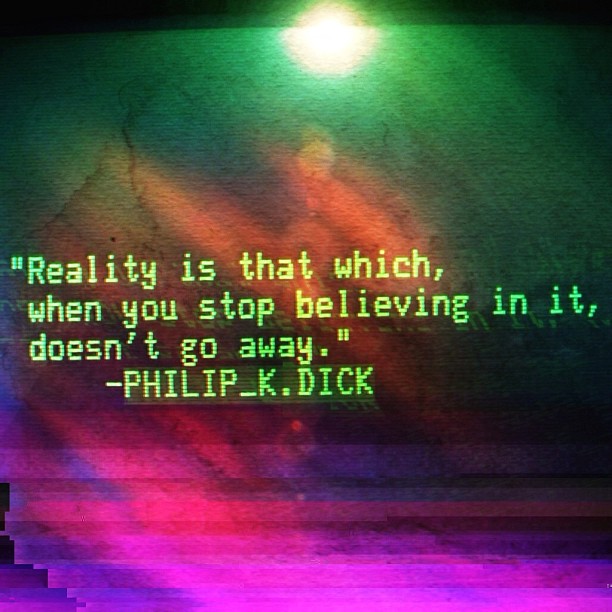Today I’m test-driving an idea that will probably find its home in an upcoming Ribbonfarm essay. It’s loosely inspired by recent episodes of EconTalk. As always, feedback is welcome!
I’ve identified a fallacy within my own thinking, and I suspect it’s a widespread one. I tend to assume that if all my preferred policies were implemented, the world would be perfect. All problems would be solved. No child would ever go hungry and tax incentives would be perfect.
This is sort of an internal motte and bailey. When I think about it consciously, my rational side says, “Obviously switching to your preferred policies wouldn’t fix everything, even in the unlikely event that all of your choices were good ones. You can never escape tradeoffs!” Then my dreamy emotional mind lapses back into fantasizing about my hypothetical regime causing utopia.
In reality, almost every decision has a negative effect on somebody. The average policy debate isn’t one-sided, however much it may appear be. (In fact, both sides are motivated to portray their view as the only sensible or acceptable one. Both sides are stubbornly blind to the tradeoffs they’re accepting. Even if those tradeoffs are slight or defensible! We like to moralize them into oblivion, until anyone who admits that the tradeoffs exist is reflexively ostracized.)
Scott Alexander put it this way:
Political debates are pre-selected for “if it were a stupider idea no one would support it, if it were a better idea everyone would unanimously agree to do it.” We never debate legalizing murder, and we never debate banning glasses. The things we debate are pre-selected to be in a certain range of policy quality.
That range of policy quality seems pretty damn wide, but it’s like the Overton window — however nutty the ideas at the edges seem, you should hear the ones outside of them! Going back and forth about universal basic income is different from going back and forth about whether adult men should be allowed to work at all. The latter idea is obviously stupid. Although the occasional extremist makes proposals along those lines, they’re mostly ignored.
Mostly.
What’s dangerous, in the sense that change is always dangerous, is when extremists get to push on the Overton window and shift it. When extremists introduce ideas that are just a hair outside the mainstream, and therefore not suicide for public figures to adopt. Cthulhu may swim left in the long run, but in the short run there’s a lot of turmoil and we get buffeted back and forth.
But hey, that’s how progress happens! For example, decades of abolitionist activism helped make the Emancipation Proclamation politically possible. Along with a war.







